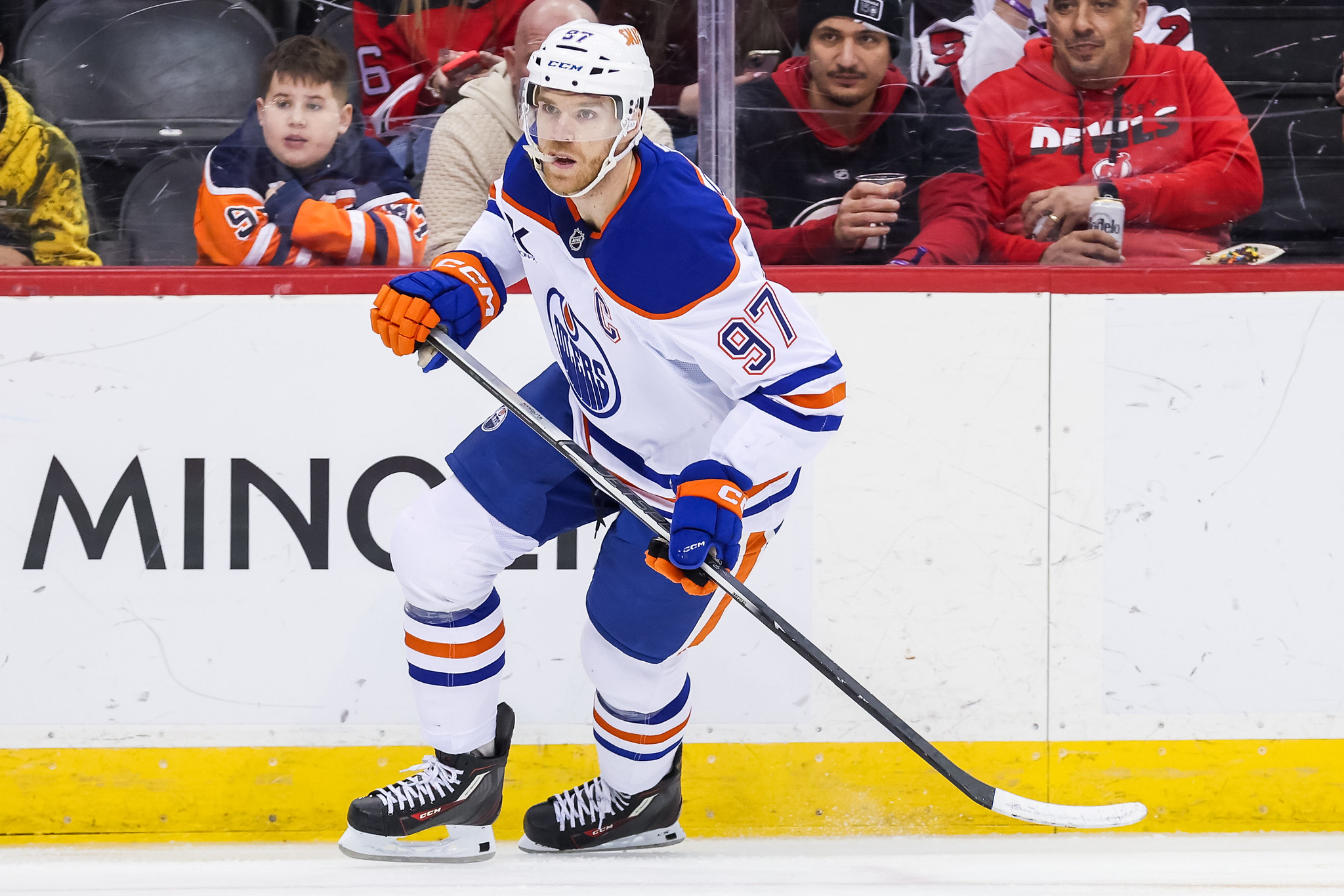

Connor McDavid, the Edmonton Oilers' captain and arguably the NHL's most dominant player for the better part of a decade, is facing a critical juncture in his career. As he approaches the final year of his current contract, questions are beginning to surface about whether the Oilers have truly maximized his prime and if his best days are behind him.
McDavid's individual brilliance is undeniable. He has consistently ranked among the league's top scorers, earning multiple Hart Trophies as MVP and Art Ross Trophies as the leading point-getter. His exceptional skating, puck-handling skills, and hockey sense allow him to generate high-danger scoring chances for himself and his teammates. However, individual accolades have not translated into the ultimate team success: the Stanley Cup.
The Oilers, despite McDavid's presence, have struggled to build a consistently deep and competitive roster. While they've made the Stanley Cup Final twice in the past two seasons, they fell short on both occasions against the Florida Panthers. In 2024, McDavid even won the Conn Smythe Trophy as the most valuable player of the playoffs, despite his team losing the final series. This underscored his individual brilliance, but also the team's inability to capitalize on his performance.
In the 2024-25 season, McDavid registered 26 goals and 100 points in 67 games. While still a remarkable achievement, it was a "down season" by his own standards, and his lowest point total since 2019-20. Some observers point to a noticeable decline in his shooting statistics, which raises concerns about potential lingering injuries. Throughout his career, McDavid has dealt with a handful of injuries, including major knee and collarbone injuries. These injuries have not stopped him from playing at an elite level, but a recurring injury could affect his performance.
Another factor to consider is the natural aging process. McDavid is currently 28 years old. While still within what is typically considered a player's prime, the physical toll of years of high-intensity hockey, deep playoff runs, and constant pressure from opposing defenses could be taking its toll. Some observers have noted that McDavid seems to be attacking defenders less and playing a less risky game at high speeds.
The Oilers' reliance on McDavid and Leon Draisaitl has also been a point of discussion. While the duo has proven to be dynamic, some argue that separating them could create more balanced scoring lines and make the team less predictable. The team's depth has been an ongoing concern, and their inability to consistently find impactful players beyond their superstars has hampered their chances of winning a championship.
Off the ice, McDavid's future with the Oilers remains uncertain. He is eligible to sign a contract extension, but has yet to do so. Oilers' General Manager Stan Bowman has publicly stated that re-signing McDavid is a top priority and that the organization is respecting McDavid's timeline. McDavid himself has emphasized that winning is his top priority and that his decision will depend on whether he believes the Oilers have a good window to win.
Ultimately, whether Connor McDavid's best days are behind him remains to be seen. While there may be some signs of decline, he is still an elite player capable of dominating the game. However, for him to truly reach his potential and cement his legacy with a Stanley Cup, the Oilers need to build a stronger supporting cast and find a way to alleviate the burden on their captain.